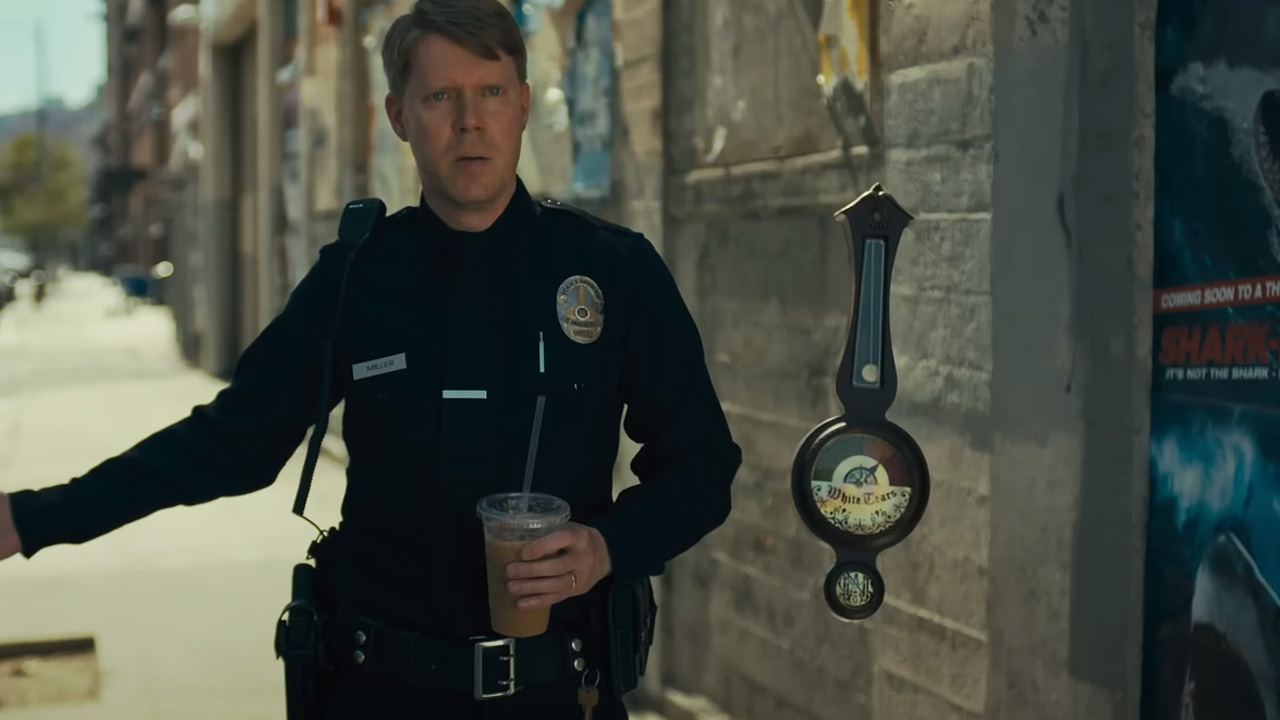The American Society of Magical Negroes stirred controversy with its unapologetic portrayal of 'White People' as "the most dangerous animal on the planet."
Marking comedian Kobi Libii's directorial debut, the movie produced under Focus Features has Justice Smith (Dungeons & Dragons: Honor Among Thieves) and David Alan Grier leading the cast. The film's official synopsis and trailer set the tone, revolving around a young man named Aren. He finds himself recruited into a clandestine society of magical Black individuals committed to a peculiar cause: making white people's lives easier.
The recently released trailer introduces audiences to Smith's character and the mythology of the plot. Smith's Aren is a novice member of the titular Society of Magical Negroes being mentored by Grier's character. There is a vibe similar to the Harry Potter series and similar films from the 2000s such as The Sorcerer's Apprentice and Percy Jackson.
The central difference, of course, is the satirical take on the "Magical Negro" trope. In one pivotal moment in the trailer, Grier's character labeled White People as 'dangerous animals.' This statement comes as he elaborates on the Society's mission, emphasizing their goal of ensuring the happiness of white people. Grier introduces the notion of measuring white discomfort in "white tears" (with a magical floating meter), asserting that the Society's continuous struggle against white people's unhappiness is essential for their own safety.

